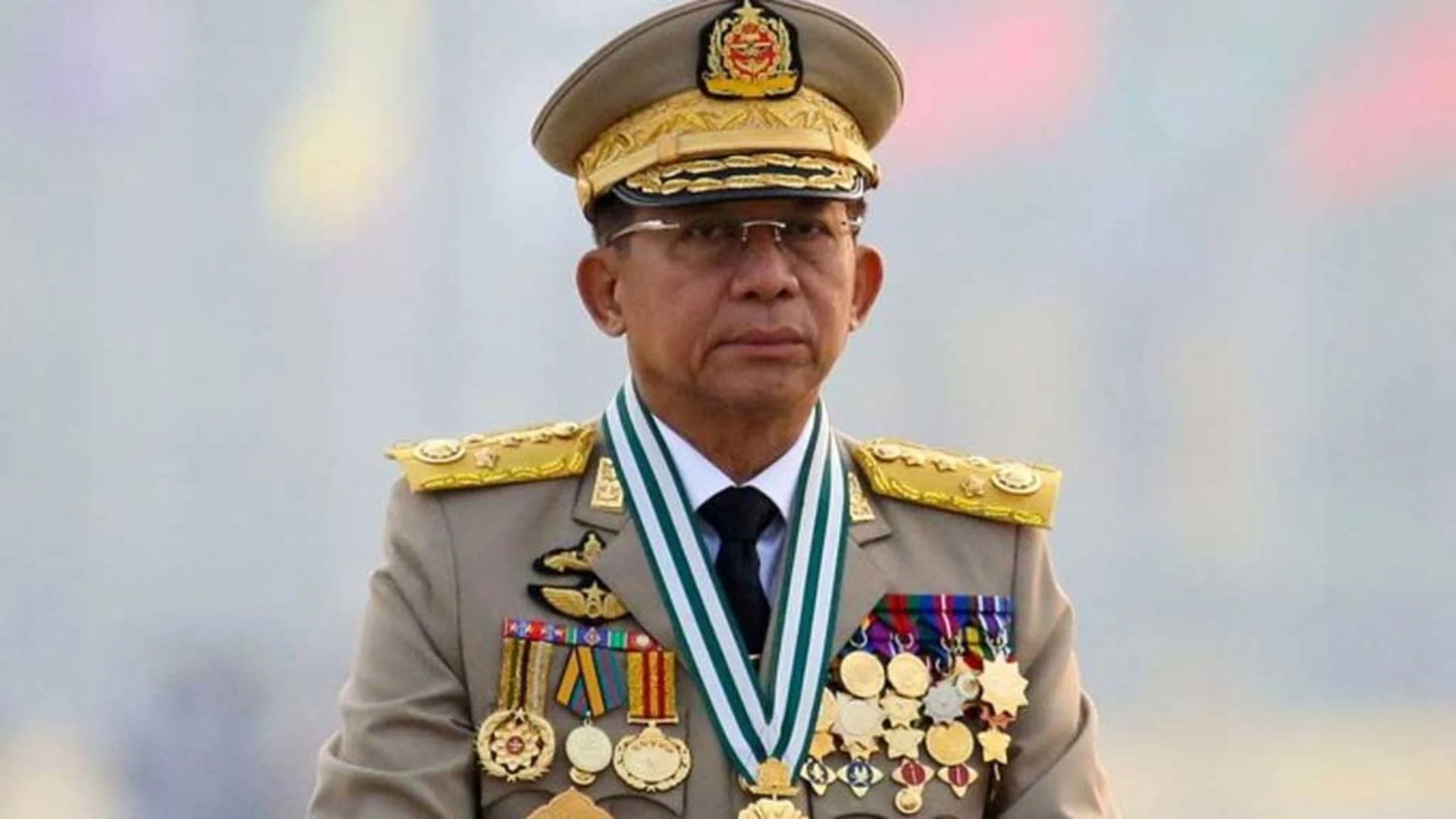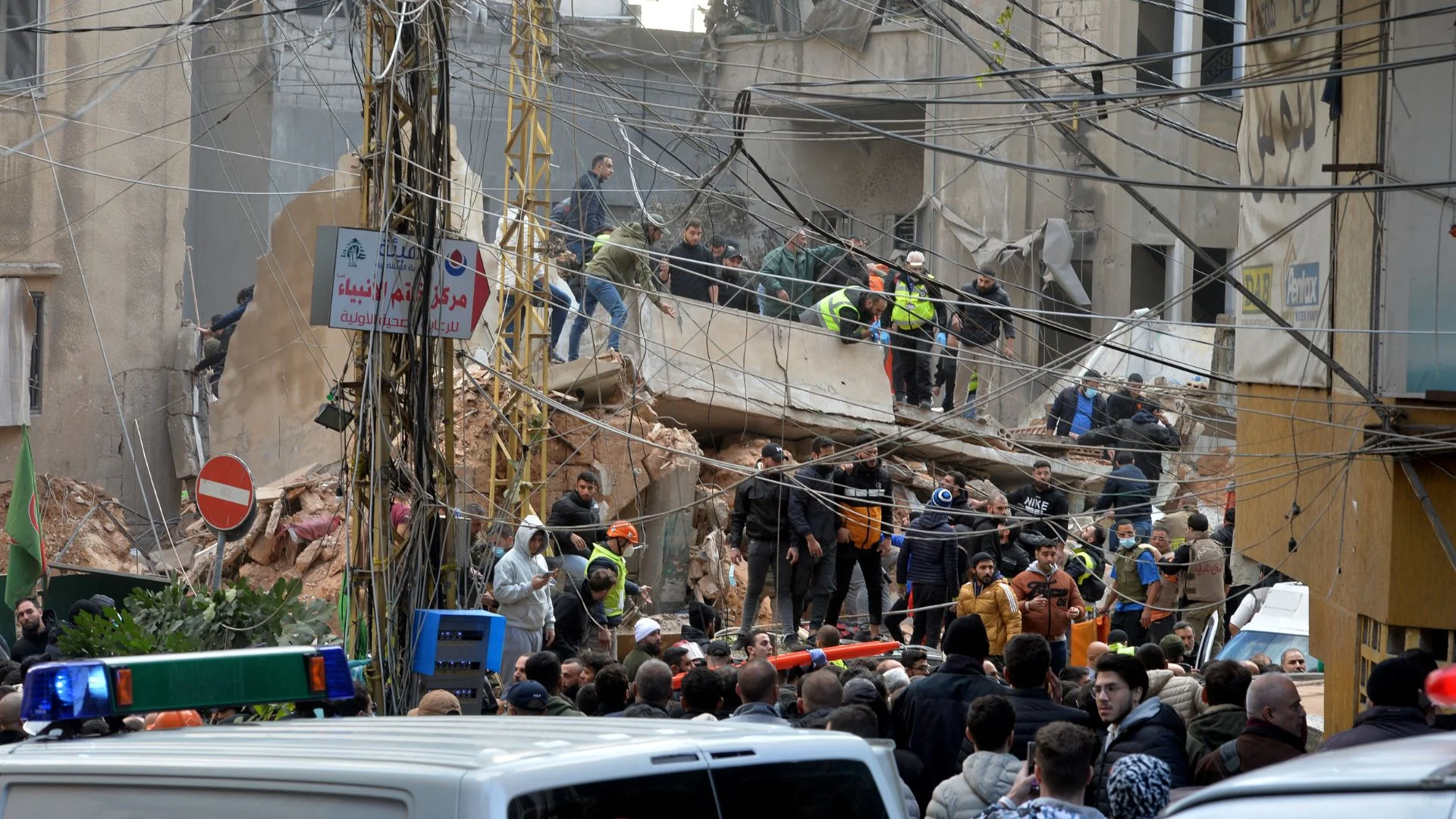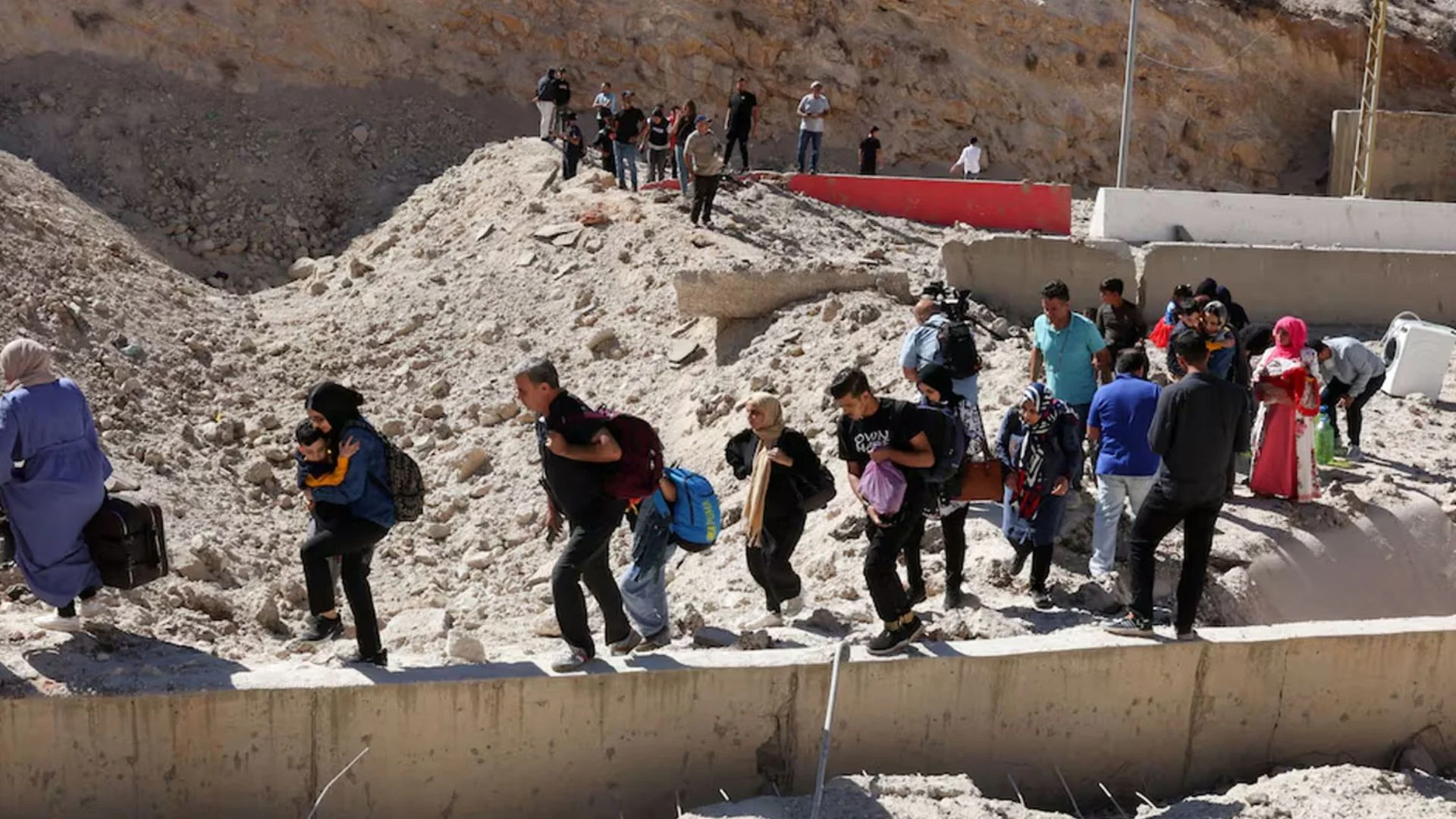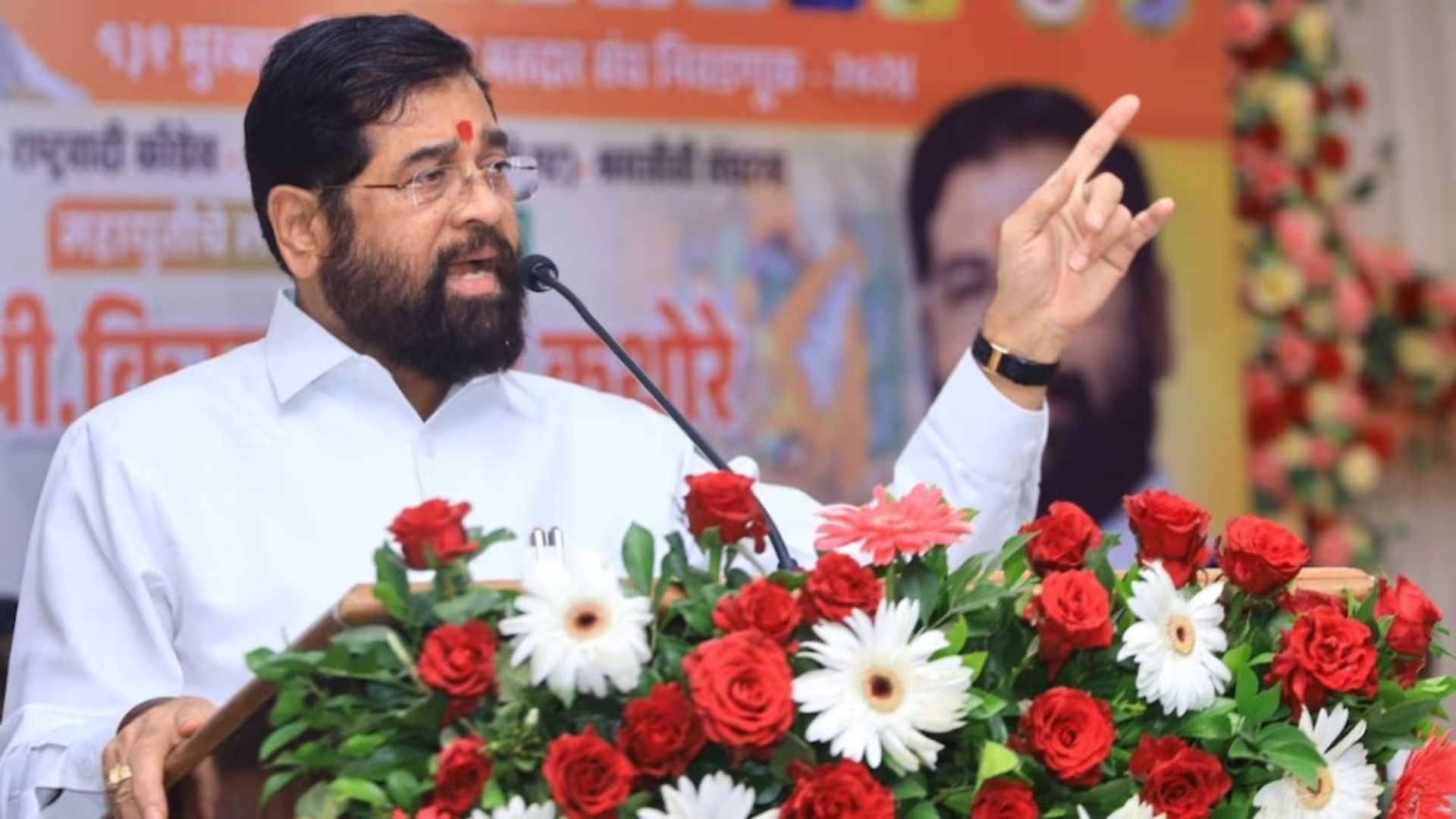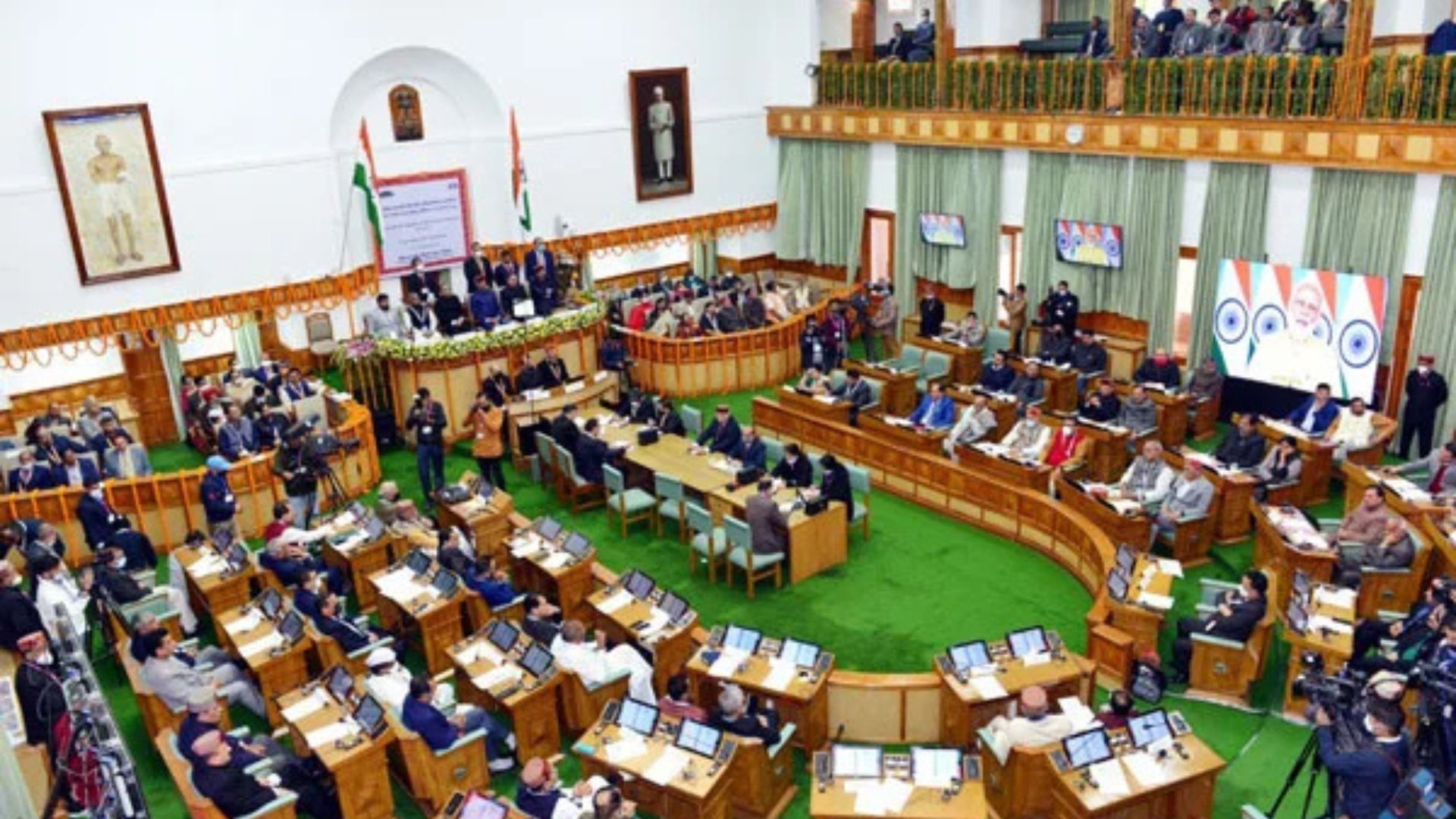
Prime Minister Sheikh Hasina, leader of the Awami League, secured her fifth term with the party winning more than 50 percent in the election. The electoral process was marred by violence and the main opposition chose to boycott the poll, paving the way for Hasina’s victory.
Approximately 170 million Bangladeshis cast their votes to elect 299 lawmakers, despite the Opposition boycotting the polls. The voter turnout reached 40 percent, accompanied by sporadic violence. The run-up to the elections saw incidents of violence and arson, including the burning of schools and a train, resulting in four fatalities.
Sheikh Hasina’s government, which had arrested numerous rival politicians ahead of the polls, urged pro-democratic and law-abiding parties not to disrupt the country’s constitutional process. The BNP, led by former Prime Minister Khaleda Zia, boycotted the polls, and Zia, under house arrest after a corruption conviction, is observing a 48-hour nationwide general strike.
In this election, independent candidates claimed a total of 63 seats, the second-highest number after Hasina’s Awami League (AL), which won 222 seats. This has led to a challenge in forming a parliamentary opposition. The existing opposition party, the Jatiya Party, managed to secure only 11 out of the 300 parliamentary seats, according to the Elections Commission.
A peculiar aspect of the election was the significant number of winning independent candidates who had initially been rejected by the AL but were later encouraged by the party leadership to run as “dummy candidates.” This move aimed to create an appearance of competition on the global stage. Activist Shahidul Alam characterized the outcome as “a bizarre outcome of a bizarre election,” resulting in a “dummy parliament.”
The Bangladesh Nationalist Party (BNP), the main opponent of the AL, chose to boycott the election, demanding that it be conducted under a neutral entity rather than Hasina’s administration. Analysts deemed Sunday’s election a “mere formality,” asserting that the only uncertainty was the voter turnout. Western governments had pressured Hasina’s government to ensure a free, fair, and participatory poll.

